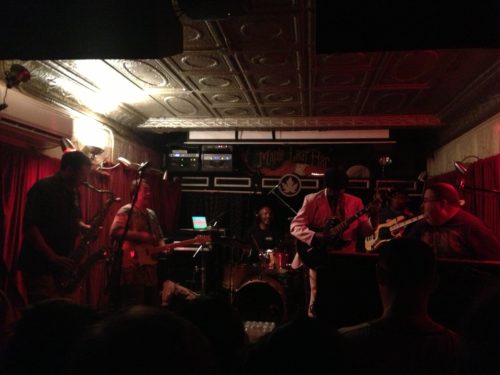I’m in the Japan Times this week with a quick introduction to tanka along with some cool reading recommendations: “Tanka help Japanese express emotions.”
I can’t recommend 『現代秀歌』 highly enough. As I mention in the article, it’s the collection that the poet (and scientist) Kazuhiro Nagata recommended at his Poetry Foundation talk back in April. The book is a collection of 100 contemporary tanka from 100 poets. It’s a follow-up to his collection 『近代秀歌』. Both are available on the Amazon Kindle store…very convenient and inexpensive. I think the former cost me $6.95. Not bad at all!
Tanka and other classical Japanese poetry forms can be super challenging to students of Japanese. I know that I generally need a helping hand to understand most haiku, and tanka are no different. Nagata provides that helping hand through his commentary about the poems. Yes, the commentary happens to be in Japanese…all the better for your reading practice.
In addition to the poems he has selected to represent each poet, he provides another two or three with commentary to fill out a sense of each poet’s oeuvre.
If you’re interested in older tanka, Ad Blankestijn has been blogging his way through the poems of the Hyakunin isshu in English at his website Japan Navigator. He gives nice explanations for each of the poems he’s addressed so far with very detailed look at the language used.
If you’re not satisfied with the couple dozen that he’s made it through, another blogger got through all 100 over the course of three years (I think…the poems seem to be out of order). The posting for each poem isn’t as detailed as Ad’s in terms of language, but there’s a lot of great background information.
And don’t forget that the the Hyakunin isshu is the source of the game Karuta! Check out this very high level match with commentary.
Nagata showed a similar video during his presentation. The person singing the poem reads the 上句 (jōku, first half of the poem) and the players have to tag the 下句 (geku, second half of the poem). As you can tell, they generally swipe at the cards after the first few mora…they don’t need to the full 17 to find the answer. Intense!

